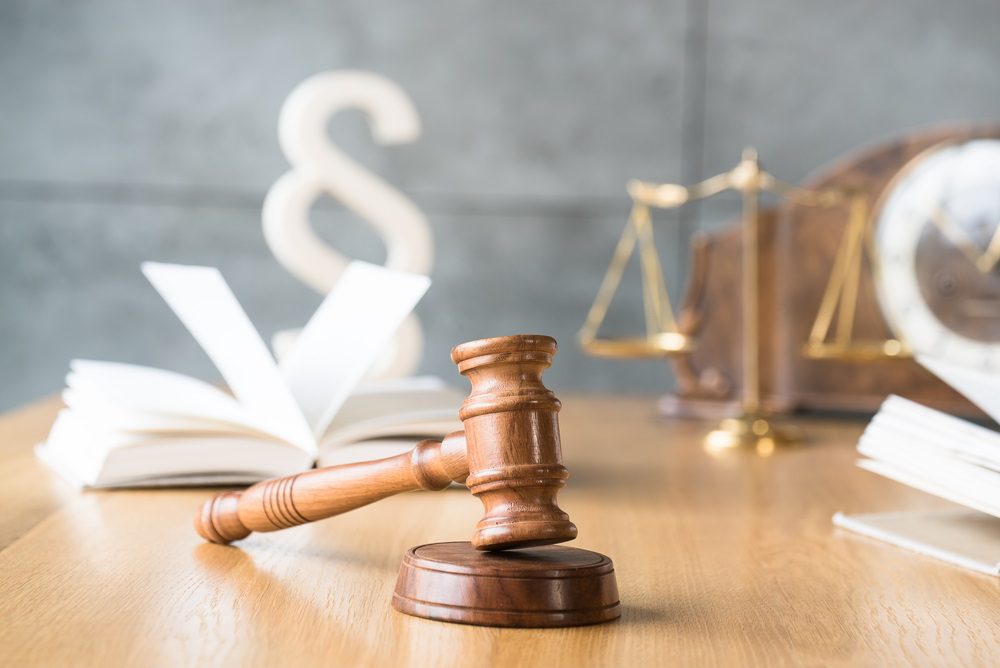Parole is a permit granted to a prisoner for good behavior. This implies that the time of his sentence is reduced, but it can only be applied to the last part of the sentence he should have served for his crimes.
In all cases, parole is granted by the Penitentiary Surveillance Judge, who is the only one who can agree to a suspension of the sentence of any prisoner in accordance with the provisions of the Law.
The Law that contemplates such benefit establishes some conditions for this legal procedure to be carried out, however, it was recently modified giving rise to the new parole revocation regime that may be more or less favorable for the interested party.
What does the New Liberty Revocation Regime consist of?
The organic law 1/2015 of March 30, on the reform of the Penal Code (CP) unified the regime of sentence suspension, so that probation ceased to be an autonomous figure and became a modality of such suspension.
At the same time, such modification declines its nature as the last degree of the penitentiary system, which had been established in Article 72.1 of the General Penitentiary Organic Law 1/1979, of September 26, 1979.
In other words, parole will cease to be a form of serving the sentence and will be conceived as a suspension of such sentence, but for this, the prisoner must extinguish in pressure a fraction of his sentence, which may vary from half to ¾ of it.
If during this period of suspension the convict maintains good behavior and does not commit any type of crime, the part of the sentence still to be served will be declared extinguished.
Otherwise, if he incurs in serious offenses against the conditions imposed or commits crimes of any kind, his early release will be revoked, and he will be required to serve the entire remaining sentence, without taking into account the time elapsed as credit for the time of the suspension.
New grounds for parole revocation

With the new reforms, parole now has the legal nature of a suspension, according to the current article 90.5 PC, which also states that the norms contained in articles 83, 86 and 87 PC continue to be applicable.
Thus, parole will be revoked under the following circumstances contemplated in paragraphs a, b and c of art. 86.1:
- a) The released person is convicted of a crime committed during the suspension of his sentence, generating that the expectation for which he was granted freedom can no longer be maintained.
- b) The released person seriously or repeatedly fails to comply with the obligations required for his release, as established in article 83 PC.
- c) The released person seriously or repeatedly fails to comply with the obligations required for his/her release, as established in article CP.84. CP.
On the other hand, the possibility of revocation is maintained when there is a constant breach of the penitentiary treatment or there is a risk of disregarding the provisions of the released person’s behavior, which were considered in the STS 425/2022 of April 29 of the 2nd Chamber, as necessary for his social reintegration.
Even so, the reform adds two new cases for the withdrawal of parole, which had not been previously established:
- a) If the released person escapes from the control of the services of management of penalties and alternative measures of the Penitentiary Administration, in accordance with art. 86.1.b PC.
- b) If the released person shows a change of circumstances that do not allow to maintain the “prognosis” of lack of dangerousness that gave him/her the conditional release, according to art. 90.5 PC.
Thus, the new parole reform may be favorable for those inmates with exemplary behavior; however, major offenses may represent the end of their benefit.


